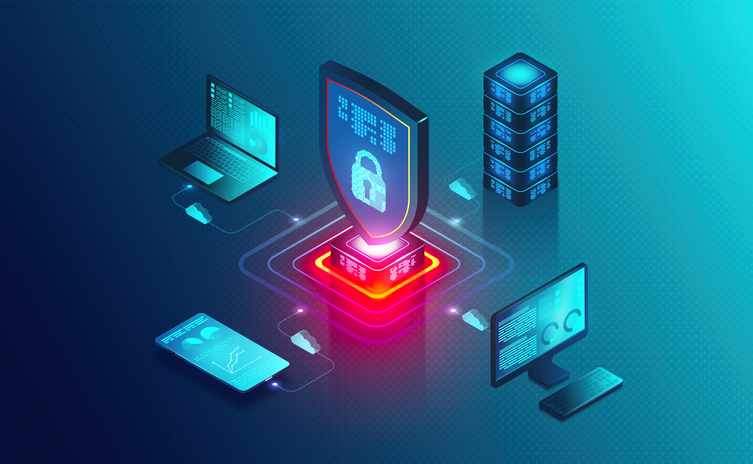End Point Security

End Point Security
Endpoint security, also known as endpoint protection or endpoint security management, refers to the practice of securing individual devices or endpoints such as computers, smartphones, tablets, and servers within a network. The primary goal of endpoint security is to protect these devices from various threats, including malware, viruses, ransomware, phishing attacks, and unauthorized access.
Key components and strategies of endpoint security include:
Antivirus and Antimalware Software: These programs are designed to detect, prevent, and remove malicious software (malware) from endpoints. They use signature-based and behavioral analysis techniques to identify and neutralize threats.
Firewalls: Firewalls monitor and control incoming and outgoing network traffic to and from an endpoint. They can block suspicious or unauthorized access attempts and help prevent network-based attacks.
Intrusion Detection and Prevention Systems (IDPS): IDPS tools monitor network traffic and system activities for signs of malicious behavior. They can detect and respond to potential threats, such as intrusion attempts or unusual network activity.
Data Loss Prevention (DLP): DLP solutions help organizations prevent the unauthorized transfer or leakage of sensitive data from endpoints. They can monitor and block the sharing of confidential information through various channels.
Endpoint Detection and Response (EDR): EDR solutions provide advanced threat detection and response capabilities. They continuously monitor endpoints for suspicious activities and offer tools to investigate and mitigate security incidents.
Patch Management: Keeping software, operating systems, and applications up to date is crucial for security. Patch management systems ensure that endpoints receive the latest security updates and patches to address known vulnerabilities.
Encryption: Data encryption secures data stored on endpoints and during transmission. This safeguards sensitive information in case an endpoint is lost or stolen.
Access Control: Implementing strong access controls ensures that only authorized users can access an endpoint and its resources. This includes user authentication, authorization, and least privilege access.
Mobile Device Management (MDM): MDM solutions are essential for securing smartphones and tablets used for business purposes. They enable organizations to enforce security policies, remotely wipe devices, and track device location.
User Education and Training: End users play a critical role in endpoint security. Training programs can help employees recognize and avoid common security threats such as phishing attacks.
Behavior Analytics: This involves monitoring user and endpoint behavior to identify abnormal or suspicious activities. Machine learning and behavioral analysis can help detect threats that traditional security measures might miss.
Remote Monitoring and Management (RMM): RMM tools allow IT administrators to monitor and manage endpoints remotely, making it easier to apply updates, troubleshoot issues, and respond to security incidents.
Endpoint security is a critical aspect of an organization's overall cybersecurity strategy. As the number of endpoints continues to grow and cyber threats become more sophisticated, it's essential to have robust endpoint security measures in place to protect against a wide range of potential threats and vulnerabilities

